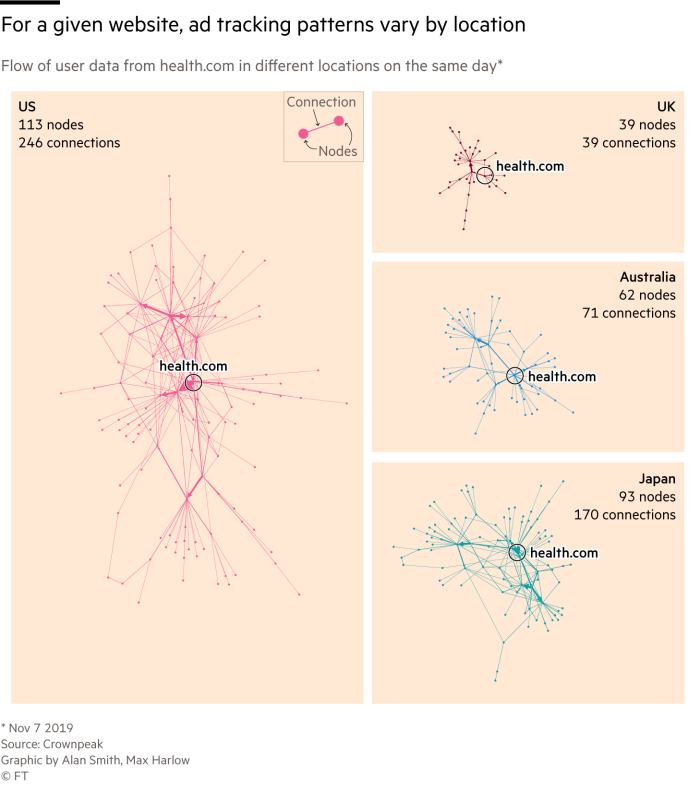“Sensor Tower, a popular analytics platform for tech developers and investors, has been secretly collecting data from millions of people who have installed popular VPN and ad-blocking apps for Android and iOS, a BuzzFeed News investigation has found. These apps, which don’t disclose their connection to the company or reveal that they feed user data to Sensor Tower’s products, have more than 35 million downloads.”
Source : Sensor Tower Secretly Owns Ad Blocker And VPN Apps That Collect User Data








